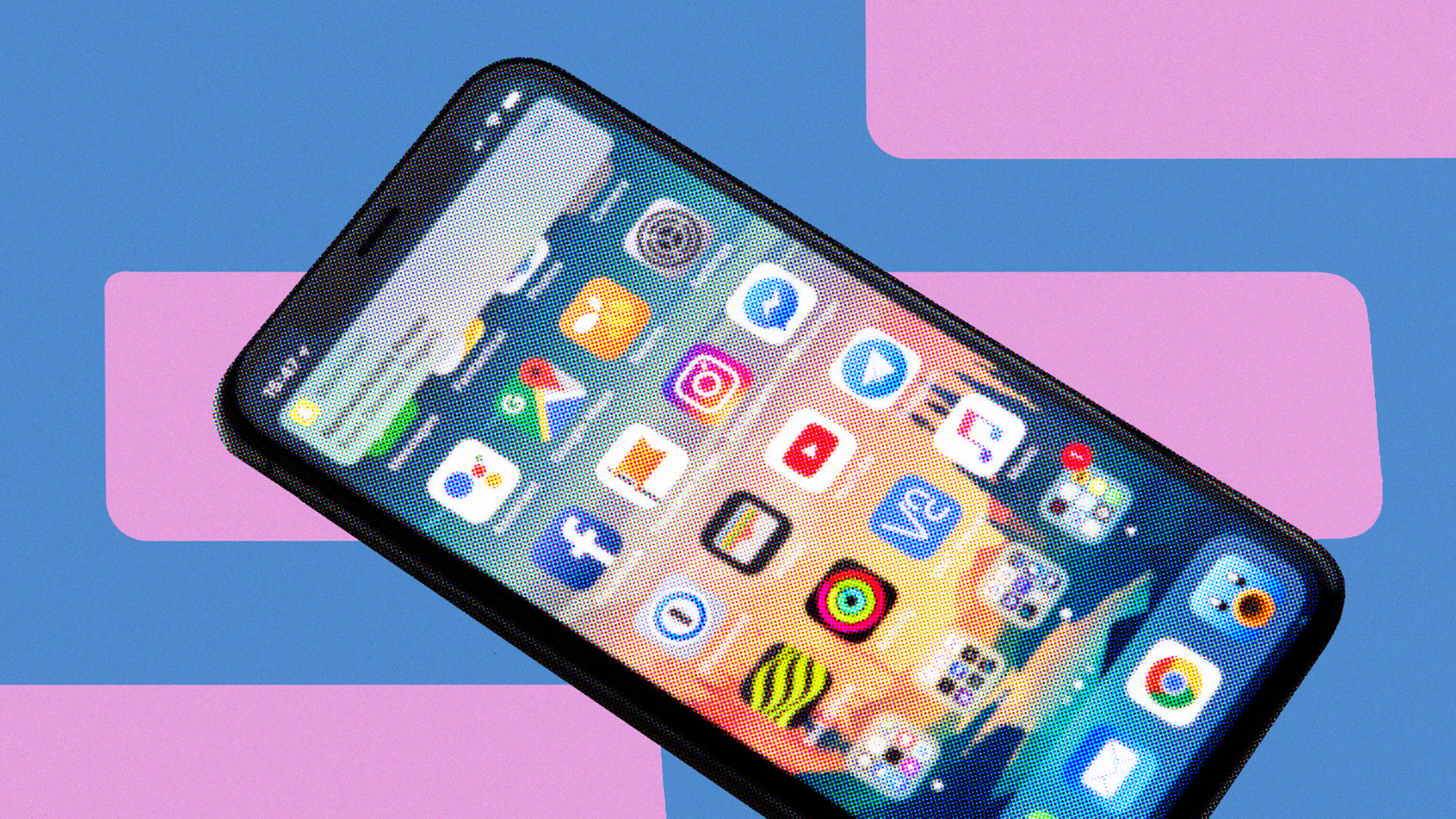Apple has opened the floodgates to push notification spam with an update to its App Store review guidelines.
As spotted by MacRumors, the new guidelines allow third-party apps to send push notifications for marketing purposes. While Apple does say that users must have “explicitly opted in” to these messages, and that developers must provide an opt-out method within their apps, the previous guidelines didn’t allow for push notification marketing at all.
It might be a while before we see how this plays out for users, but don’t be surprised if your iPhone apps suddenly start asking if they can notify you about discounts and promotions. Should you approve of these requests, your iPhone will probably get a lot noisier.
Why would Apple do this? The charitable explanation would be that apps have legitimate reasons to use push notification marketing. You might want to know, for instance, when a game you like has dropped prices on in-app purchases, or when one of your favorite apps has launched a new subscription service.
But Apple could also be motivated by antitrust pressure. As the software programmer Steve Streza noted last month in a widely circulated blog post, Apple itself has used push notifications to lure iPhone users back to paid Apple Music subscriptions after they cancel. The company’s Apple Store app has also used push notifications to advertise trade-in prices and upgrades on new iPhones, 9to5Mac has reported.
Those notifications are one of several issues that Spotify raised last year in its antitrust complaint with the European Commission.
“Apple Music sends the very type of promotional push notifications that it forbids its rivals to send,” Spotify wrote on a website outlining its case, illustrating what it believes is anticompetitive behavior. If Apple is allowed to market its own services via push notifications, it’s tilting the playing field against competitors who can’t advertise in the same way.
A little antitrust scrutiny can sometimes be beneficial to users. Just a couple of weeks ago, Bloomberg’s Mark Gurman reported that Apple is considering a change in iOS 14 that would let users set third-party web browsers and email apps as the system’s defaults. That way, users wouldn’t get funneled into Apple Mail or Safari if they prefer using Gmail or the Firefox browser instead.
In this case, however, Apple may be enacting a policy that would make the iPhone experience worse, just so it can continue to hawk its own services without the appearance of monopolistic behavior. Instead of taking the high road and cutting off notification nags altogether, it’s letting every other app join in.
Not that this necessarily levels the playing field anyway. While third-party apps must get explicit permission to market their services and provide clear ways to opt out in their apps, no such granular controls exist yet in Apple Music.
Recognize your brand’s excellence by applying to this year’s Brands That Matter Awards before the early-rate deadline, May 3.
